Like me, you like having some tips and tricks to make your cleaning life easier. Some places or utensils are very tricky to clean, and the fact that you can’t get them shiny clean stresses you out. These tips will help you get every gunk out and leave you satisfied. Let me save your precious time with my tips…
Cleaning Your Chopping Board
Woodcutting boards are a fashionable and hygienic option for kitchens. People frequently use plastic cutting boards instead of wood to slice fresh meat, even though plastic is less durable and more prone to knife indents, which can harbour bacteria if not properly cleaned. Wooden cutting boards may require some elbow grease and attention to keep them in good shape, but they will function better and last far longer.

Begin by dusting your chopping board with a liberal quantity of salt. Pick up some Kosher or sea salt (the coarser, the better). After that, rub half a lemon (or two if you have a larger area) all over the chopping board. Allow for about 5 minutes before wiping everything off with a soft sponge soaked in warm water. If you don’t have salt, you may use baking soda instead.
Cleaning Your Sofa
We may not notice, but we spend a lot of time sitting or sometimes even sleeping on the couch; they will get dirty quickly and may even be stained. Knowing how to clean your sofa thoroughly is very important as you may spill wine or other liquid on it at any time.
You can invest in a couch cleaner, or you can use what you have at home. You should, first of all, see if you can clean it with water, then use a solvent-based cleaner or vacuum. It depends on the material.
You can sprinkle baking soda on a fabric couch and then use a brush or vacuum to remove it. It will absorb any undesirable liquid. Different materials will require different care; clean accordingly.
Cleaning Your Binds
Binds are among those places that are often forgotten and very tedious to clean. Using a sock will allow you to easily put your hand in it and clean over and under the binds. You may proceed by mixing 50-50 vinegar and water and an old sock. Or you can use water with dish soap.
In between each bind, wet the soak and remove the accumulated dust. This process is tiring because you have to repeat the same steps repeatedly.
Cleaning Your Faucets

You may use lemon to make the faucets shine, or you can simply use dish soap. Rub it on with a sponge and then wipe it with a clean cloth. Your faucets should be shining right afterwards.
Cleaning Your Iron Skillet
If you want to prevent rust, you have chosen the ideal place. First thing, do not clean your skillet with soap. It may sound foolish, but the soap will only cause it to rust. I will teach you how to clean your skillet to extend the life cycle.
I recommend that you use coarse salt to clean everything. Rinse it off with hot water and dry it with a clean towel. You may want to add some drops of vegetable oil to the cooking surface for further protection.
Store your skillet in non-humid places. If you do not have any dry places, you may want to keep them on the stovetop, hang them up, or place towels in between the pans to avoid humidity. It will prevent them from scratching against each other.
These five tips will help you have a better experience from now on cleaning them. In the comments, let us know what places or utensils you want us to cover in our next article…
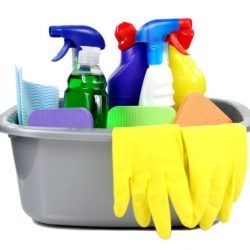
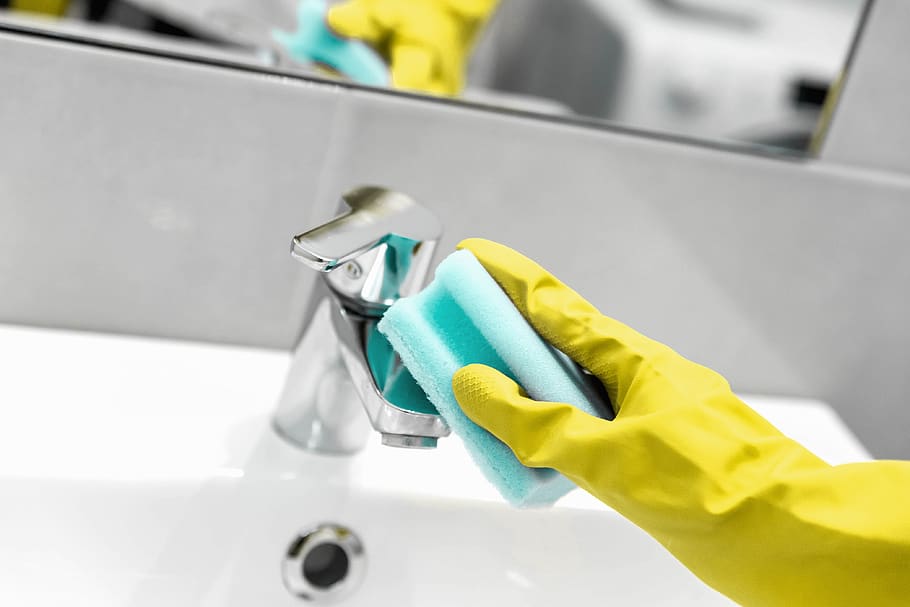
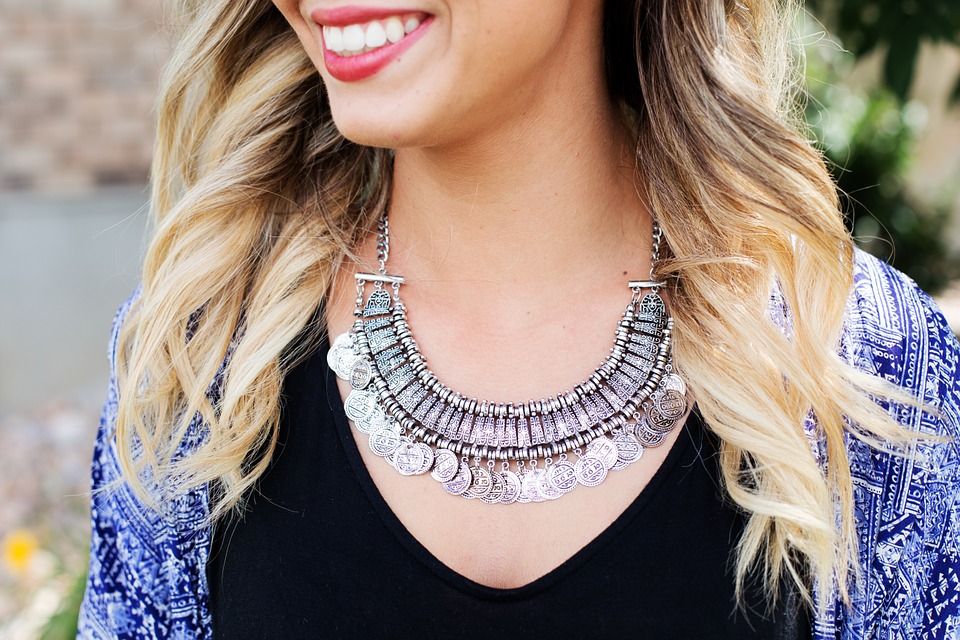

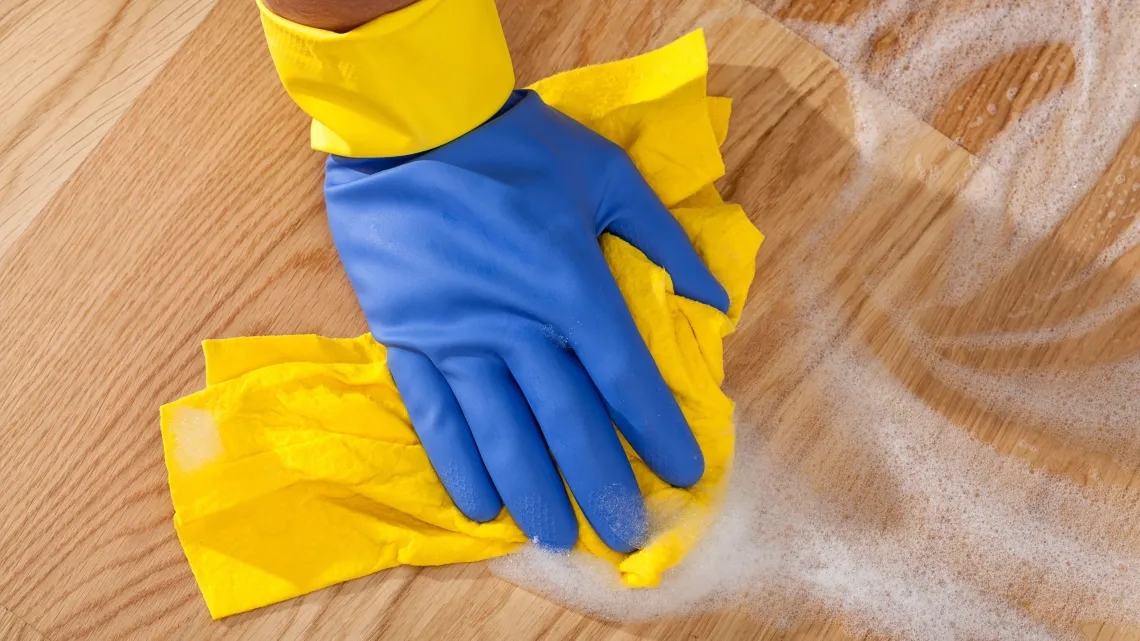
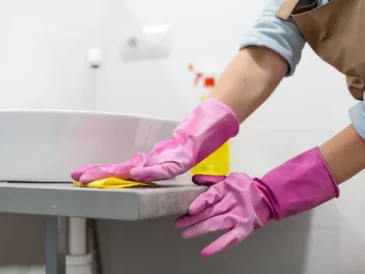
2 Comments
[…] packaging or well-written slogan; they all come with a price. When it comes to cleaning, look for regular products. They do the job better. Do not tempt yourself with new gadgets as they may do the same as the old […]
[…] If you are a bibliophile and bookworm like me, then you have a bookshelf that is filled to the brim, and cleaning it is always a hassle. However, if you love your books, you will do your best to clean your bookshelf regularly, and this will help your books stay in good condition. As someone who has over 500 books and a wall that is entirely a bookshelf at this point, I know the struggle of cleaning bookshelves. […]